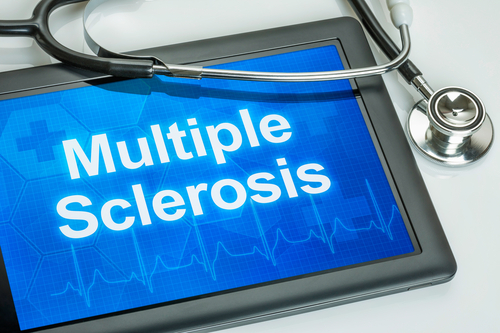
A study evaluated the relationship between social support and psychological well-being, cognition, and motor function in patients with multiple sclerosis (MS) and further investigated whether sex played a role in these correlations. The researchers identified that social support was correlated with overall psychological health as well as motor functioning.
The study consisted of 185 patients recently diagnosed with MS from the RADIEMS cohort as well as 62 patients from the MEMCONNECT cohort, which was used as an independent validation sample. All patients were evaluated for social support and also filled out a neurobehavioral assessment that measured mental health, fatigue, quality of life (QOL), cognition, and motor function.
Overall, a higher level of social support was correlated with better mental health, QOL, and subjective cognitive function, as well as less fatigue. When looking specifically at patients in the RADIEMS group, higher social support also improved motor functions; notably, this was associated with improved grip strength and gait endurance among women.
“These findings highlight associations of social support to overall psychological health and motor functioning in persons with MS, underlining the potential opportunity of evaluating and promoting social engagement in novel treatment strategies,” the study authors concluded.







 © 2025 Mashup Media, LLC, a Formedics Property. All Rights Reserved.
© 2025 Mashup Media, LLC, a Formedics Property. All Rights Reserved.